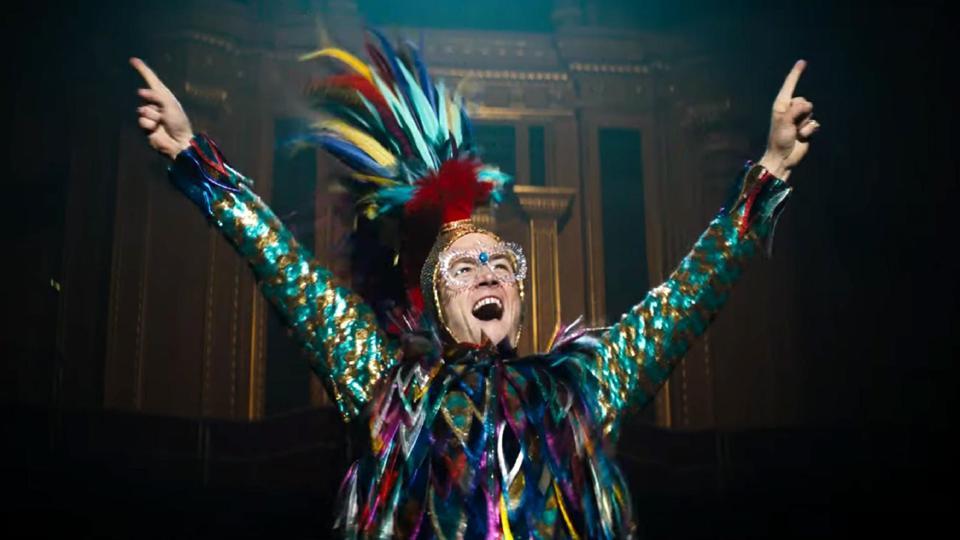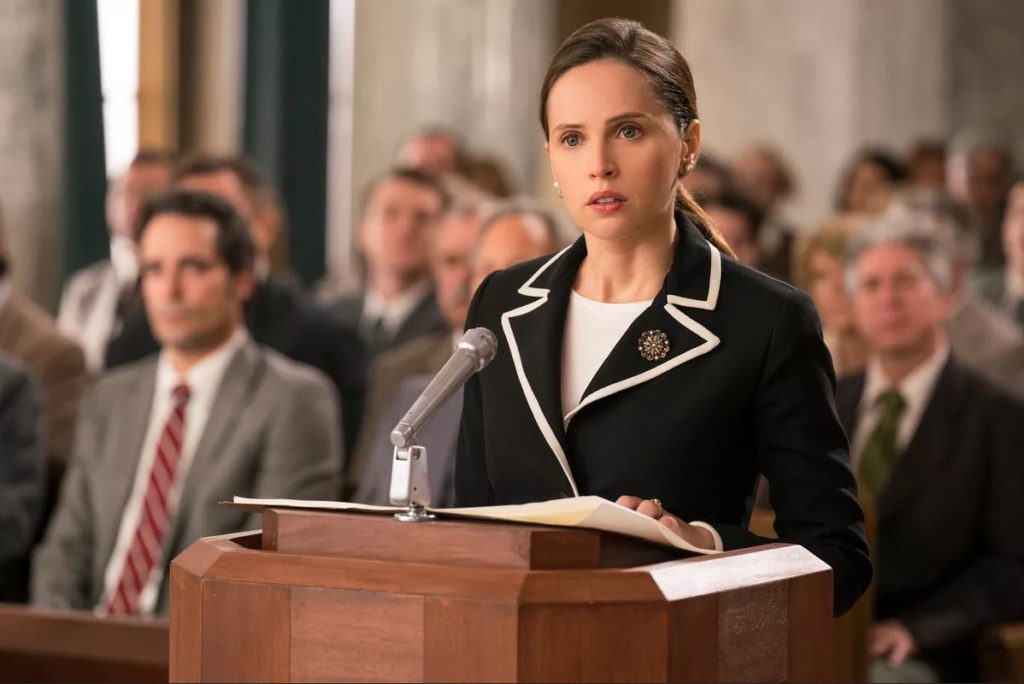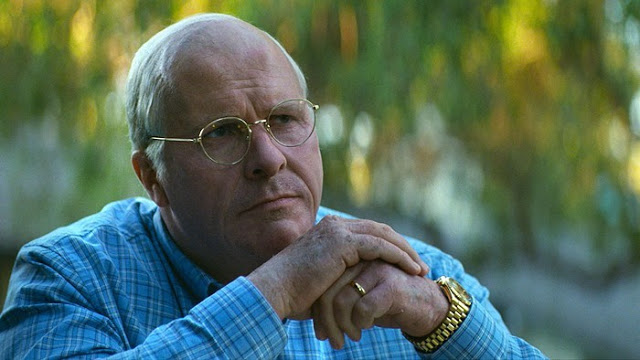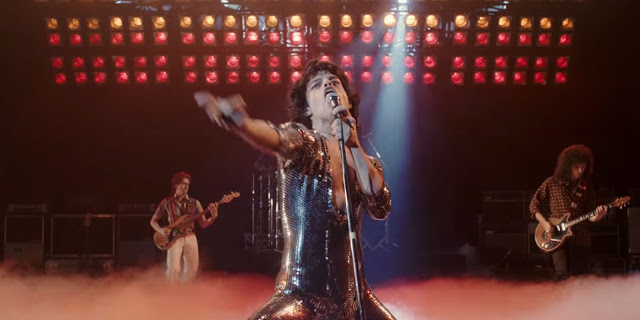Ford v Ferrari: Rounding the Curves, and Speeding Straight Ahead
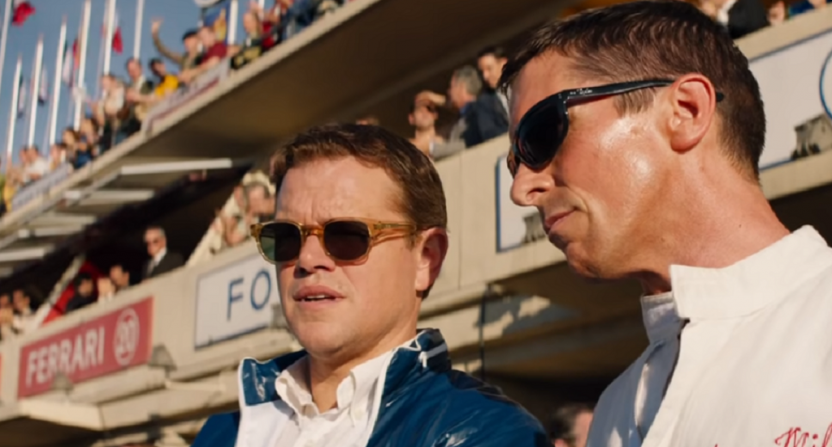
In most European countries, James Mangold’s new movie is being titled “Le Mans ’66”, presumably in an effort to capture the interest of sports-car enthusiasts, particularly those familiar with the famous race that took place in France more than half a century ago. For Americans and other ingrates less versed in racing lore, the film is called Ford v Ferrari, a conveniently alliterative title that pays tribute both to our adversarial natures and our love of underdogs. The movie, which chronicles Ford Motor Company’s obsessive effort to dethrone the prestigious Ferrari from its perch atop the racing world, positions itself as a battle between American revolutionaries and the European establishment. The arts of improvisational creativity and scrappy resourcefulness are (ahem) pitted against the forces of entrenched authority and inflexible traditionalism.
The irony of this framing is that Ford v Ferrari, an unremarkable but by no means unenjoyable picture, is about as traditional as it gets. It’s a crowd-pleasing sports movie through and through, a by-the-book docudrama that embraces conventionality and avoids risk. Yet Mangold, a skilled craftsman whose prior feature was the decidedly unorthodox Logan, demonstrates that templates are durable for a reason, and he follows this formula (one?) with a gratifyingly light touch. He doesn’t so much steer you around the curves as trick you into thinking that the curves even exist, all the while quietly affording you the easy pleasures of the straightaway. Read More

